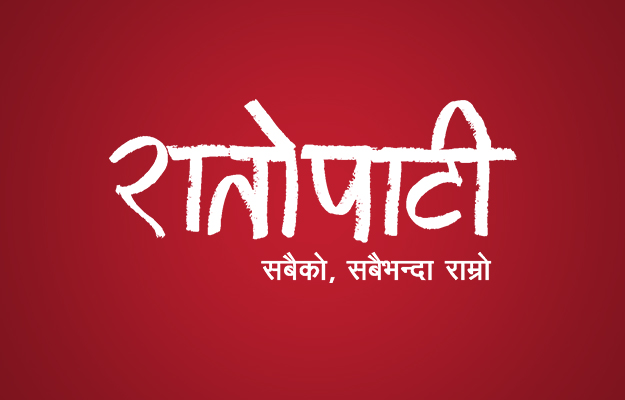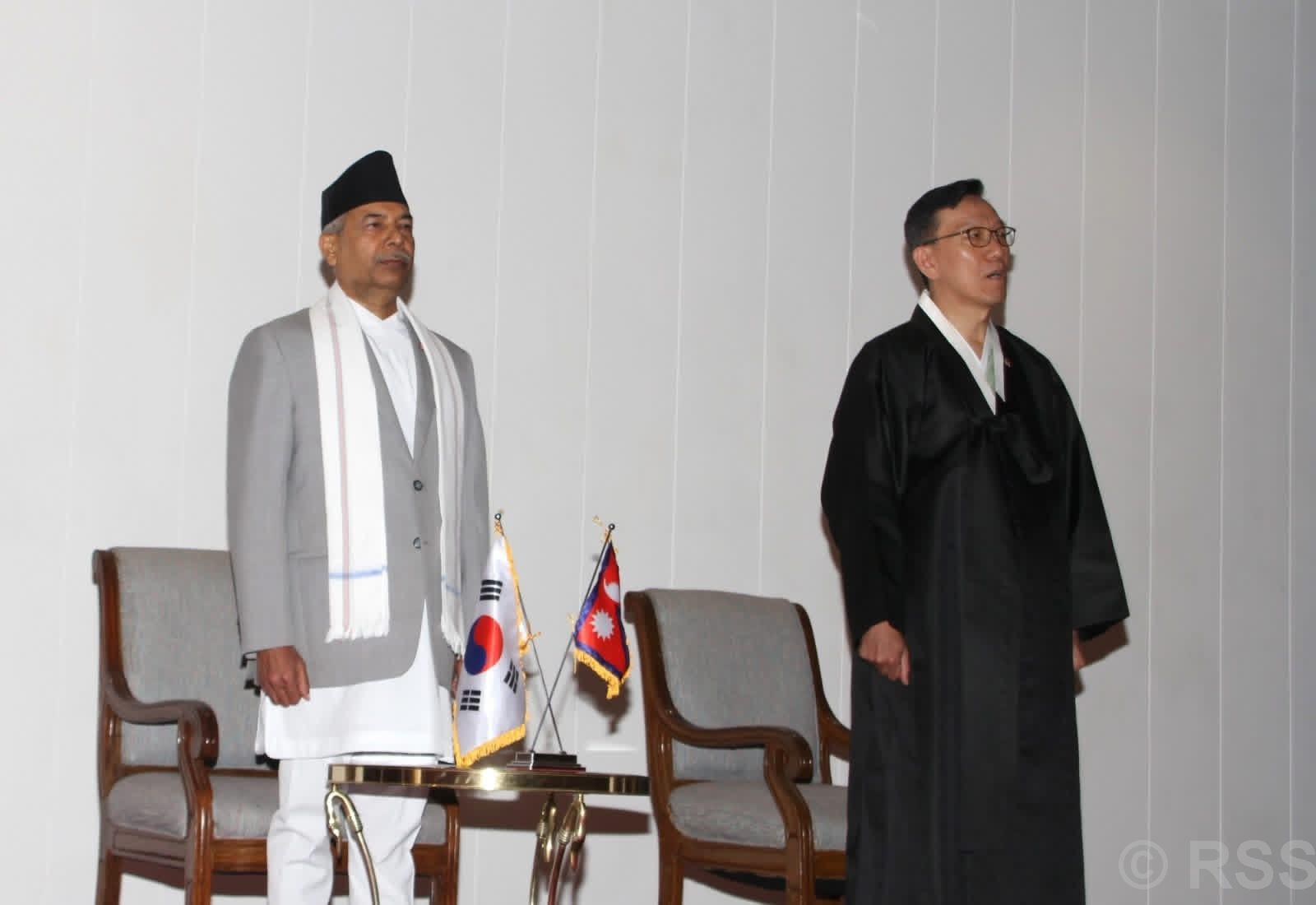Is Russia invading Ukraine and what does Putin want?
For months Russia's Vladimir Putin denied planning to attack Ukraine, but he has now torn up a peace deal and ordered troops to "maintain peace" in two rebel-held eastern regions.

FEB 22: Russia has deployed at least 150,000 Russian troops close to Ukraine's borders and recognised two breakaway regions inside it. What happens next could jeopardise Europe's entire security structure.
Has Putin ordered an invasion?
He has sent in so-called peacekeeping troops, but few believe they are there to keep the peace. Australia's PM says that idea is nonsense and one Ukrainian general said it was clear they would be regular forces.
President Putin has torn up a peace agreement with neighbouring Ukraine, recognising the independence of two eastern areas seized and occupied by Russian-backed rebels in 2014. "
That was the year Russia first invaded Ukraine, a country of 44 million people, seizing then annexing its southern region of Crimea.
President Joe Biden warned that the Russian leader had decided to attack "in the coming days" and latest satellite images show Russian forces deployed within 9 to 19 miles (15-30km) of the frontier.
The eight-year conflict in Ukraine's eastern Donbas region has never ended, and Russia could pour more troops into those breakaway regions, but it could go beyond. It has more than 150,000 troops deployed close to Ukraine's borders.
President Putin always maintained he did not want war and was ready to negotiate, but ending the peace accords with Ukraine and recognising breakaway areas as independent makes further talks look dead in the water for now.
Until now he has threatened "appropriate retaliatory military-technical measures" if his demands for "security guarantees" from the West are not met.
Mr Putin has warned Ukraine that it will be responsible for further bloodshed if the country does not halt hostilities in the east.
But there have already been a series of bogus incidents in the region and any one of them could be used as a pretext for attack. When rebel leaders ordered a civilian evacuation claiming a Ukrainian offensive was imminent, it emerged a video appeal had been pre-recorded two days earlier.
Why is Russia targeting Ukraine?
Russia has long resisted Ukraine's move towards European institutions, both Nato and the EU. Mr Putin has now claimed Ukraine is a puppet of the West, and was never a proper state anyway.
His core demand is that the West to guarantee Ukraine will not join Nato, a defensive alliance of 30 countries.
Ukraine shares borders with both the EU and Russia. As a former Soviet republic it has deep social and cultural ties with Russia, and Russian is widely spoken there, but ever since Russia invaded in 2014 those relations have frayed.
Russia attacked Ukraine when its pro-Russian president was deposed in early 2014. The war in the east has since claimed more than 14,000 lives.
Why is recognition of rebel areas dangerous?
Until now these so-called people's republics of Donetsk and Luhansk have been run by Russian proxies. Under Mr Putin's decree of recognition, Russia can also build military bases,
By pouring Russian troops into an area witnessing hundreds of ceasefire violations every a day, the risk of open war becomes far higher.
UN Secretary-General António Guterres has condemned Russia's recognition of independence as a violation of Ukraine's territorial integrity and sovereignty and the West says it is a violation of international law.
Two Minsk peace agreements of 2014-15 aimed at ending the conflict would have given them special status inside Ukraine. The accords were never fulfilled but negotiations were still going on, with France and Germany fully committed to them. They now look doomed.
Russia had already prepared the ground, with unfounded accusations that Ukraine had committed "genocide" in the east. It has handed out some 700,000 passports in rebel-run areas, so it can argue any action is aimed at protecting its own citizens.
How far will Russia go?
Much of the attention is on the east in Ukraine, where Russian troops could soon be on the ground.
But President Biden has warned: "We believe they will target Ukraine's capital Kyiv, a city of 2.8 million innocent people."
Although Moscow previously insisted "there is no Russian invasion", Russia could mobilise troops in Crimea, Belarus and around Ukraine's eastern borders.
How far will the West go on Ukraine?
The West has made clear there are no plans to send combat troops to Ukraine itself so the main response will be sanctions on Russia.
Nato countries have offered Ukraine other support, in the form of advisers, weapons and field hospitals. Meanwhile, 5,000 troops have been deployed in the Baltic states and Poland. Another 4,000 troops could be sent to Romania, Bulgaria, Hungary and Slovakia.
So what would sanctions look like?
The US says it would target Russia's financial institutions and key industries; the EU says it will limit Russian access to financial markets and the UK has warned "those in and around the Kremlin will have nowhere to hide", with restrictions imposed on Russian business accessing the dollar and pound.
Russia's Nord Stream 2 gas pipeline to Germany looks under threat too. It's complete but not yet approved by Germany's regulator.
The ultimate economic hit would be to disconnect Russia's banking system from the international Swift payment system. But that could badly impact the US and European economies.
What does Putin want?
Russia has spoken of a "moment of truth" in recasting its relationship with Nato and has highlighted three demands.
First, it wants a legally binding pledge that Nato does not expand further: "For us it's absolutely mandatory to ensure Ukraine never, ever becomes a member of Nato," said Deputy Foreign Minister Sergei Ryabkov.
Mr Putin has complained Russia has "nowhere further to retreat to - do they think we'll just sit idly by?"
In 1994 Russia signed an agreement to respect independent Ukraine's independence and sovereignty.
But last year President Putin wrote a long piece describing Russians and Ukrainians as "one nation", and now he has claimed modern Ukraine was entirely created by communist Russia. He sees the collapse of the Soviet Union in December 1991 as the "disintegration of historical Russia".
President Putin has also argued that if Ukraine joined Nato, the alliance might try to recapture Crimea.
His other core demands are that Nato does not deploy "strike weapons near Russia's borders", and that it removes forces and military infrastructure from member states that joined the alliance from 1997.
That means Central Europe, Eastern Europe and the Baltics. In reality Russia wants Nato to return to its pre-1997 borders.
What Nato says
Nato is a defensive alliance with an open-door policy to new members, and its 30 member states are adamant that will not change.
Ukraine's president has called for "clear, feasible timeframes" to join Nato, but there is no prospect of it happening for a long time, as Germany's chancellor has made clear.
The idea that any current Nato country would give up its membership is a non-starter.
In President Putin's eyes, the West promised back in 1990 that Nato would expand "not an inch to the east" but did so anyway.
That was before the collapse of the Soviet Union, however, so the promise made to then Soviet President Mikhail Gorbachev only referred to East Germany in the context of a reunified Germany.
Mr Gorbachev said later "the topic of Nato expansion was never discussed" at the time.
Is there a diplomatic solution?
Germany has accused Russia of deliberately destroying a peace process covering eastern Ukraine without apparent reason. There looks to be no way of restoring that international peace deal.
There was talk of a Putin-Biden summit but that now seems doomed too.
Russia wanted a treaty with the US barring nuclear weapons from being deployed beyond their national territories. The US offered to start talks on limiting short- and medium-range missiles as well as on a new treaty on intercontinental missiles.
Russia had been unhappy with the West's response but was positive towards a "transparency mechanism" of mutual checks on missile bases - two in Russia, and two in Romania and Poland.




Leave Comment